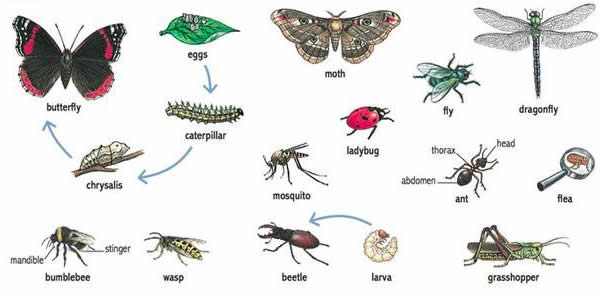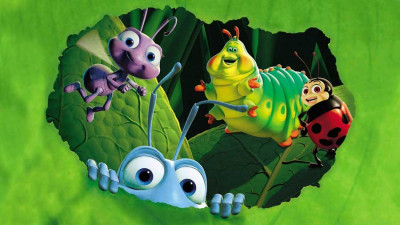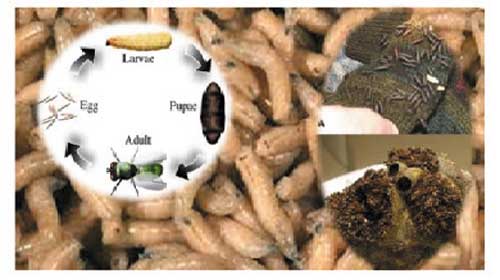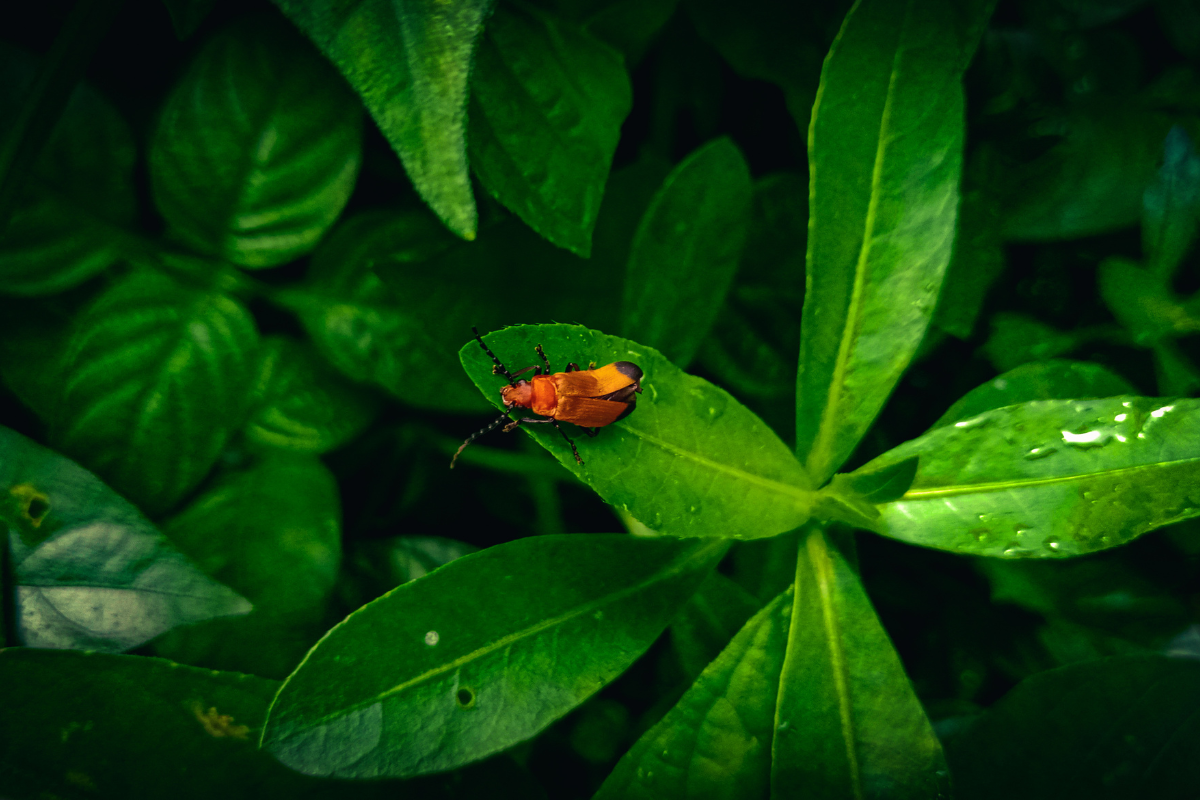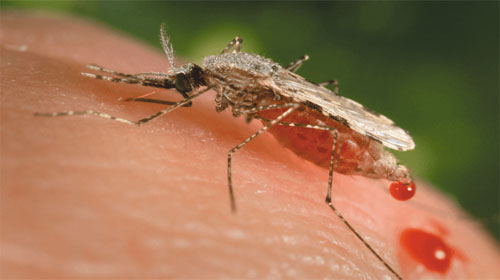
As much as I like insects, I'll slap a mosquito without thinking twice. Sure, they all have a place in the bigger scheme of things, but some insects can be really annoying. If it buzzes your ears incessantly, persists in biting you, or takes up residence in your home, you're probably not feeling the love for that particular insect. Based on a very unscientific poll, these are the nine insects people find most annoying.

